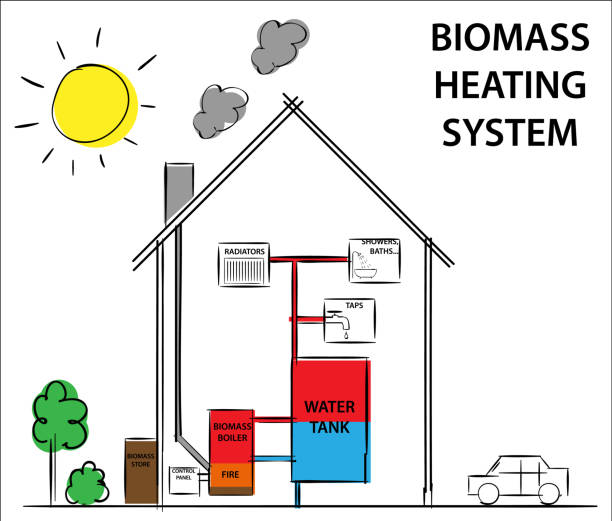
Improve your home’s airflow with these tips.
Airflow is a vital part of overall health and well-being. Airflow affects more than just heating and cooling. It also influences air quality, humidity, and microbes. Airflow is often overlooked.
Five tips to improve your home’s airflow and increase its efficiency, sustainability, and health.
Invest in HVAC Maintenance
Most homeowners are reactive rather than proactive when it comes to HVAC maintenance. This is the best way to improve airflow, air quality, and the life of your central system.
Installation is the first step in ensuring proper airflow. According to Dallas, TX, Air Conditioning Installation experts, choosing the right system size will improve airflow. A system that is too large will cause hot or cold areas, and an undersized system will not provide balance in the entire home.
Airflow will be improved by scheduling HVAC maintenance. The HVAC technician will perform a routine maintenance visit to clean filters, remove debris and dust from blowers, and check that everything is working properly.
Call an HVAC professional to check your system to see what is affecting your airflow.
Cleaning Your Ducts And Vents
Cleaning your vents, ducts, and vent covers is another way to improve airflow and air quality. Schedule time every month to vacuum vent covers and visible vent portions.
Hire a professional to clean your vents thoroughly once a year. You can schedule an appointment with a cleaning professional who will use a camera to inspect your vents if you are hesitant. You’ll change your mind once you see the amount of dust and dirt that has accumulated in your ductwork.
Catch A Cross Breeze
Unfortunately, relying on air conditioners means that windows are closed during the hottest periods of the day. You may even decide to close them at night if you live in a humid area.
It’s important to use the mild days to catch cross-breezes. Open your windows to get rid of old air on mild days. Turn off your air conditioner at night if humidity is not an issue.
Open your windows during the winter for 10 to 15 minutes while the furnace is off. This will give you a quick burst of fresh air while maintaining the heat in your home.
Rethink your Feng Shui
Furniture organization is not just about interior design. It also affects airflow. Organize your furniture to ensure that it doesn’t block any air vents.
If you can’t avoid it, place the furniture away from the wall. This will improve airflow. To increase airflow, add legs to large sofas.
Use Kitchen And Bathroom Fans
Use exhaust fans wisely. When you shower, always use a fan to reduce the humidity in the room and prevent the growth of mold. If you do not have a bathroom fan, get one right away. You can check if your fan vents directly into the attic if you already have one. An HVAC specialist can inspect this.
Remember that exhaust fans can be beneficial up to a certain point. For better temperature control, turn them off or install timers.


